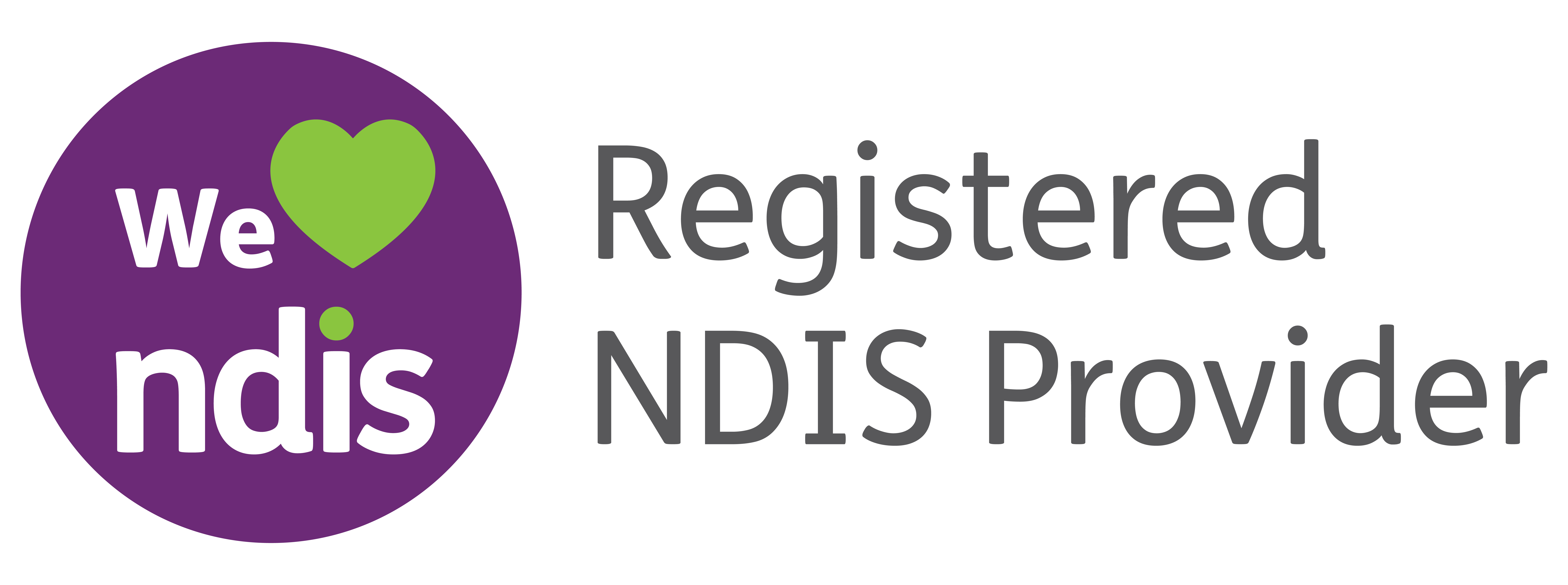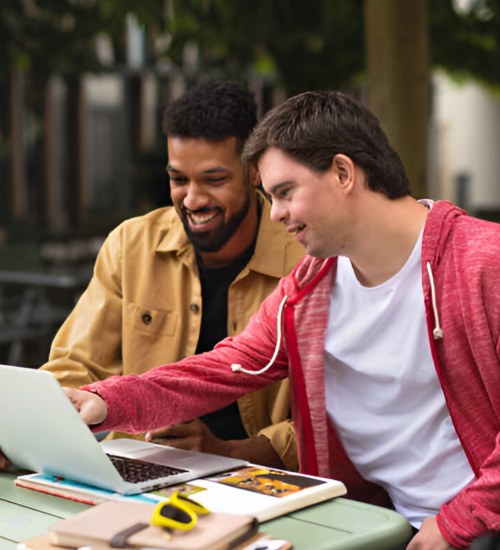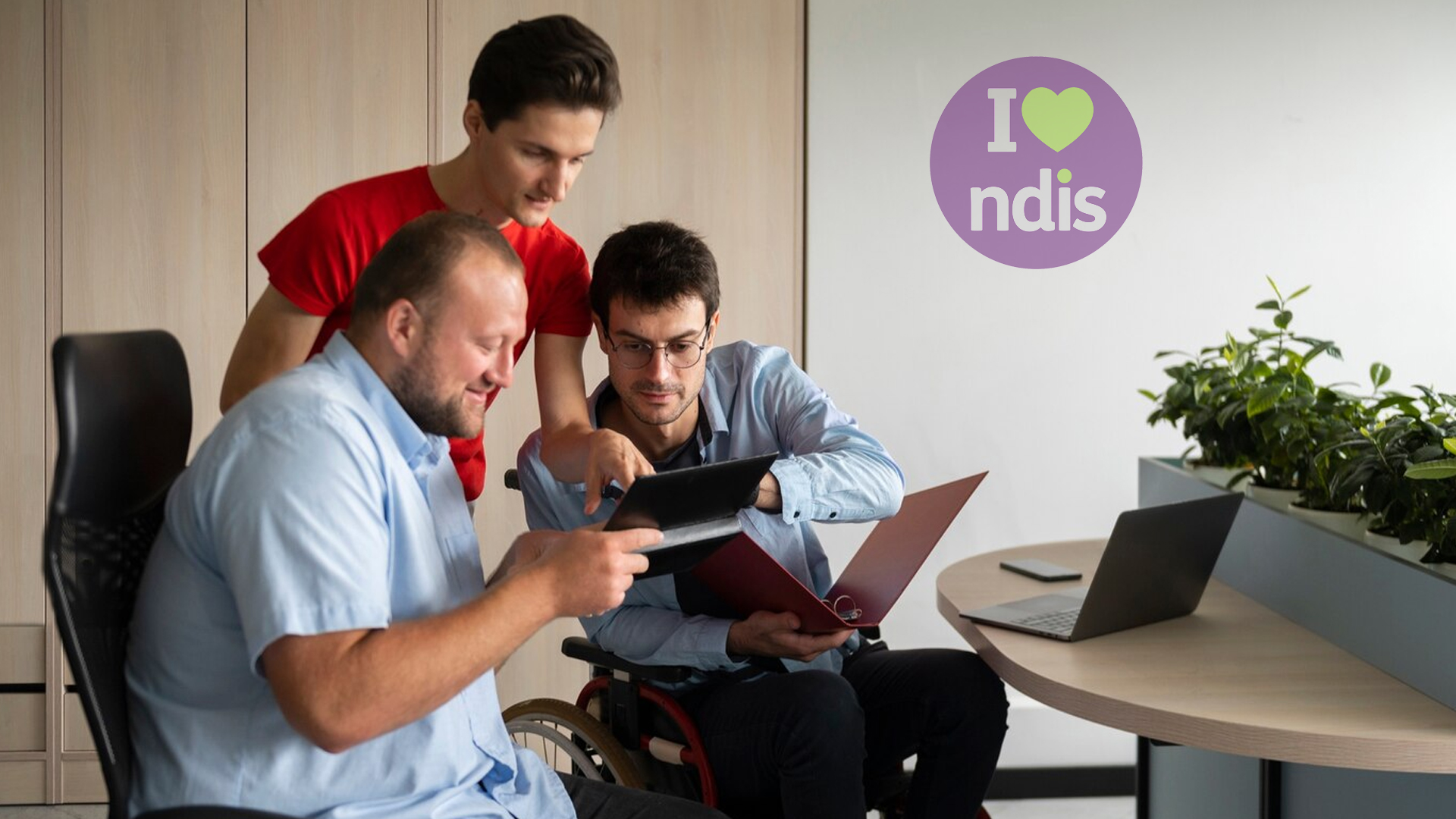
(Source)
Engaging in social and recreational pursuits holds significant value in the lives of numerous individuals. Whether relishing these experiences solo or with the backing of friends, family, and the community, they contribute to a fulfilling existence. Should your disability necessitate additional assistance to partake in these activities, there’s a possibility of securing funding. However, it’s essential to note that the standard expenses associated with social and recreational endeavours remain your responsibility. These encompass common expenditures like memberships, essential equipment, or entrance fees that everyone incurs.
What Type of Social and Community Participation Will NDIS Fund?
Social and recreational support plays a crucial role in fulfilling the National Disability Insurance Scheme’s (NDIS) mission to assist individuals with disabilities in achieving independence and active participation in social and economic aspects of life.
Engaging in social and recreational activities is a fundamental part of daily life, contributing to both enjoyment and overall well-being. These activities offer opportunities to build connections, enhance skills, and foster personal growth. When we refer to NDIS-funded support for social and recreational activities, we mean the additional assistance required to participate in these activities due to a disability.
Examples of social and recreational activities include visiting friends and family, pursuing active hobbies like biking or kayaking, playing sports, attending events, going out for leisure activities, relaxation practices such as meditation or yoga, and learning new skills like dance or art classes.
While participants are responsible for standard costs such as memberships or entrance fees, NDIS may fund the necessary support to enable participation in these activities. This support can range from short-term assistance to build skills for independent participation to ongoing support, ensuring continued engagement in social and recreational pursuits.
For instance, if someone needs assistance in a pottery class due to a disability, they would cover the class fee, while NDIS might fund a support worker to aid with operating the pottery wheel or attending the class if independent participation is challenging.
Individuals may find support within their core budget in their NDIS plan, which can be utilized for assistance needed in social and recreational activities due to a disability. For clarification on utilizing funding for these supports, individuals are encouraged to consult with NDIS.
How Is Social and Community Participation Categorized and Priced Under the NDIS?
The recently introduced pricing structure also incorporates the introduction of Programs of Support (POS). The POS model empowers providers and participants to mutually agree on programs of activity for a duration of up to six months. This provides a heightened level of certainty regarding both the supports and participants involved, consequently offering increased predictability in terms of costs for both participants and providers. Participation in POS is optional, not mandatory, presenting itself as an alternative that may be suitable for providers and participants under specific circumstances.
With the introduction of the new pricing structure, there is increased flexibility for providers and participants to mutually establish Non-Face-to-Face (NF2F) fees that accurately represent the expenses associated with delivering group-based support tailored to the individual participant’s requirements. These fees are claimed using the same line item as the corresponding direct support; however, the claim type is specified as “Non-Face-to-Face,” distinguishing it from the claim for direct support.
Non-face-to-face (NF2F) supports encompass tasks distinct from those covered by administrative and corporate overheads within the Disability Support Worker Cost Model. These overheads typically involve activities such as staff rostering, general planning for activities or programs, invoicing, claiming, routine record-keeping, and communication. Claimable NF2F costs specifically pertain to the indirect supports essential for delivering group-based assistance to a participant. Two primary types of NF2F support are relevant:
- Disability-specific individual supports, such as adapting an activity to ensure a participant’s safe and effective participation. These costs are attributed solely to the relevant participant.
- General tasks necessary for facilitating group support, such as arranging activity-specific equipment. These costs are evenly distributed among all participants in a group.
It’s crucial to emphasize that any NF2F supports and their associated costs must be pre-agreed with the participant and align with the stipulations of the Pricing Arrangements and Price Limits.
Breakdown of NDIS Support Categories Relevant to Social Participation
By understanding and strategically utilizing these NDIS support categories, individuals can embark on a journey to not only participate in social activities but also develop the skills necessary to thrive in social settings. The combination of ‘Social and Community Participation’ and ‘Capacity Building’ supports creates a comprehensive framework that empowers individuals to lead fulfilling and socially connected lives.
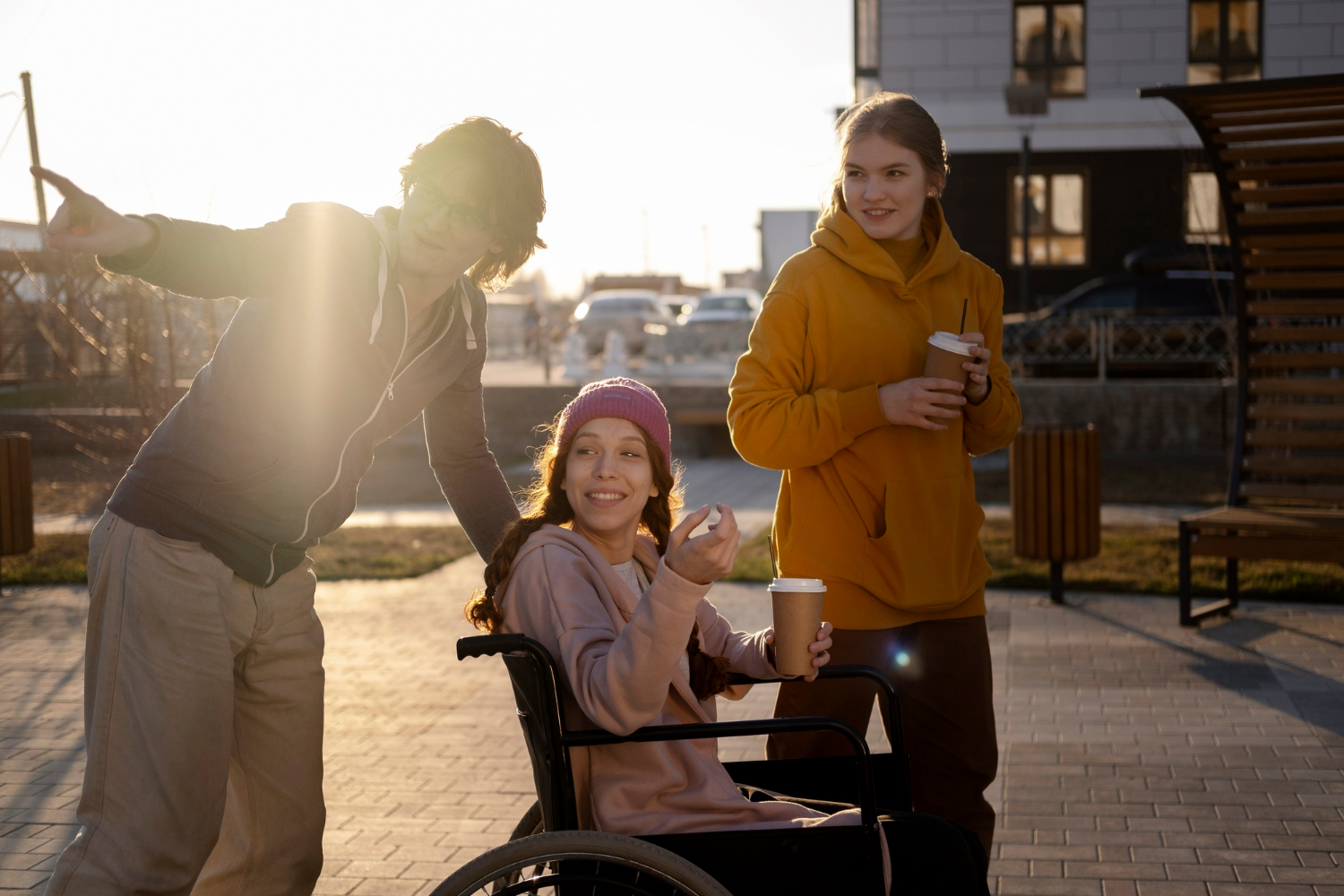
Social and Community Participation
The ‘Social and Community Participation‘ support category under NDIS is a crucial avenue for individuals seeking to enhance their social interactions and community involvement. This category encompasses a wide range of activities aimed at fostering social connections, community engagement, and overall well-being. Whether it’s joining community groups, attending events, or participating in recreational activities, the ‘Social and Community Participation’ category provides the necessary funding to make these experiences accessible.
Participants can use this funding to cover costs associated with group outings, membership fees for clubs and societies, and expenses related to community events. The goal is to empower individuals to actively participate in social settings, building a sense of belonging and connection within their communities.
Capacity Building Supports
The ‘Capacity Building’ support category is another key aspect of NDIS that plays a pivotal role in facilitating social activities. While it encompasses a broad spectrum of skill development areas, it specifically addresses building the capacity to engage in social interactions and community life. This category is designed to empower individuals by enhancing their abilities and fostering independence.
Under ‘Capacity Building,’ participants can access support services that contribute to developing social skills, communication abilities, and community integration. This might involve training sessions, workshops, or programs to equip individuals with the tools they need to navigate social environments confidently.
How Does NDIS Decide if Social and Community Participation Is Reasonable and Necessary for You?
There are various assistance options available to facilitate your participation in social and recreational activities. Our collaborative effort aims to identify the most effective way to provide additional support tailored to your specific disability-related needs. Recognizing that your support requirements may evolve, we are committed to adapting our assistance accordingly.
It is essential to note that all supports funded by the NDIS must align with the NDIS funding criteria. The following questions are designed to guide your consideration of whether social and recreational supports could be eligible for funding:
- Is the social or recreational support directly linked to your disability?
- Does it contribute to the pursuit of your goals?
- Is it deemed value for money?
- Does it demonstrate effectiveness and benefit for you?
- Is it both legal and safe?
- Is it a service or support typically expected from family, friends, or the community?
- Is there an alternate source that better funds or provides the same support?
These considerations ensure that the supports we explore together not only meet your immediate needs but also align with your broader goals, ensuring a comprehensive and sustainable approach to your well-being.
How Do You Get Social and Recreation Support in Your Plan?
To secure social and recreation support in your plan, provide evidence outlining your disability-related needs. Consult your ‘My NDIS’ contact or support coordinator for guidance on the required documentation. Ensure you understand the evidence requirements before plan creation.
Submit new information or evidence about your support needs whenever you acquire it or during our discussions.
We need a clear understanding of your disability-related support requirements and barriers to social and recreation participation. Reports from allied health professionals or psychologists detailing necessary support may be considered.
Social and recreation support must align with NDIS funding criteria for inclusion in your plan. We’ll assess the best provider and assist you in finding a suitable service or organization if necessary.
Maximize flexibility in utilizing your support for various social and recreational activities. Your Core budget may already include such supports, offering flexibility to address your disability-related needs for participation.
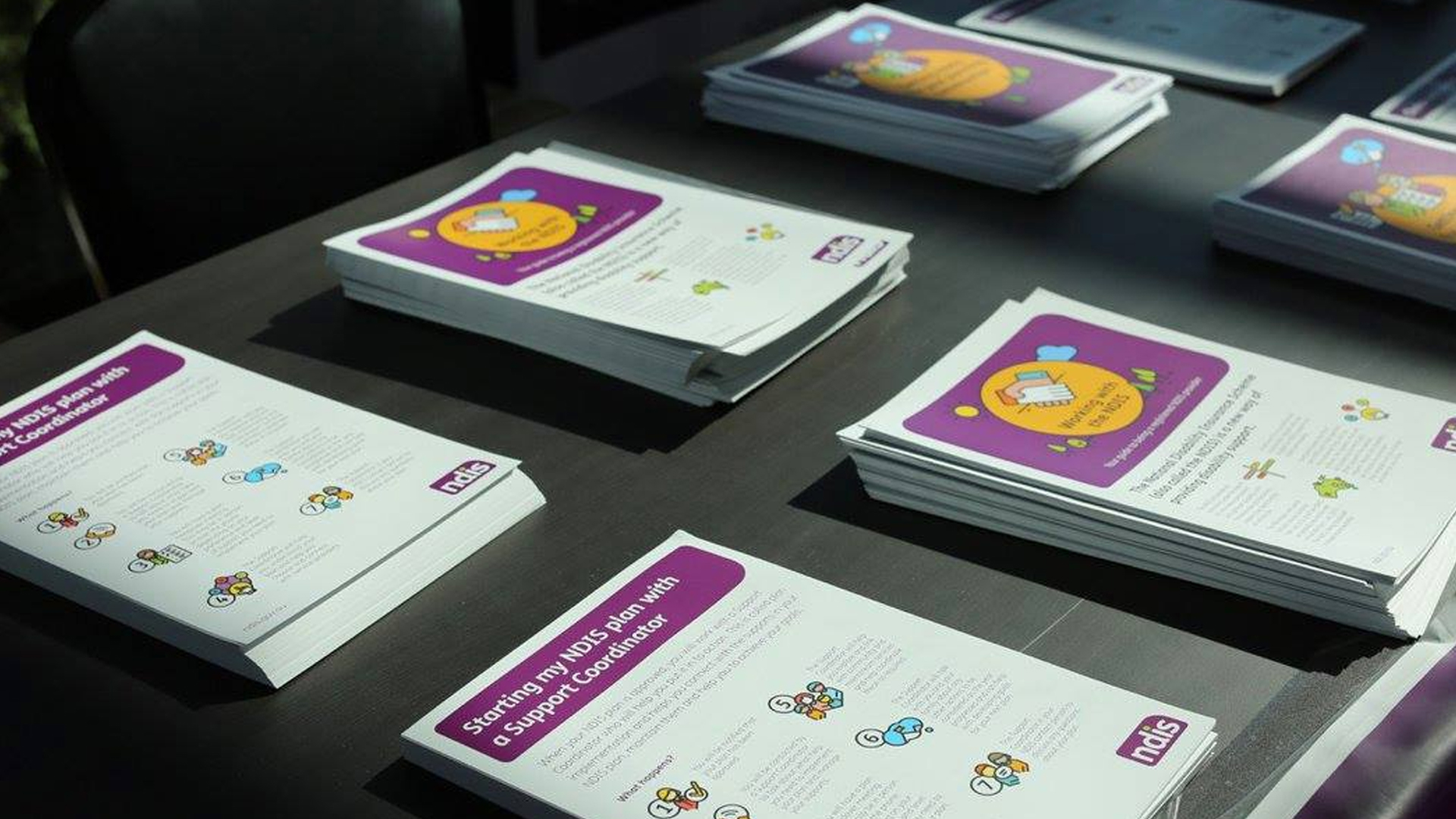
(Source)
Flexibility of NDIS Funding for Various Needs
Understanding the flexibility inherent in NDIS (National Disability Insurance Scheme) funding is paramount to harnessing its full potential. NDIS is designed to be adaptable, recognizing the diverse needs of individuals with disabilities. Let’s delve into the nuances of this flexibility and how it can cater to a myriad of requirements.
- Individualized Funding Plans: NDIS takes a person-centred approach, tailoring funding plans to each participant’s unique needs and goals. This means your NDIS plan is not a one-size-fits-all solution but a personalized blueprint that reflects your aspirations and challenges.
- Choice and Control: One of the key principles of the NDIS is providing participants with the freedom to choose how they use their funds. Whether it’s for mobility aids, therapeutic services, or social activities, participants have the autonomy to make decisions that align with their priorities.
- Support Categories: NDIS funding is divided into different support categories, each serving distinct purposes. While some categories are explicitly geared towards daily living and personal care, others, such as ‘Social and Community Participation’ and ‘Capacity Building,’ provide ample room for funding social activities and skill development.
- Plan Review and Adjustments: Life is dynamic, and so are your needs. NDIS acknowledges this by allowing plan reviews to accommodate changes in your circumstances. If your initial plan doesn’t adequately address your social participation goals, the flexibility exists to reassess and make adjustments.
- Pooling Funds for Holistic Support: NDIS funding is not restricted to a single aspect of your life. If your disability impacts multiple areas, you can allocate funds across various support categories. This means your NDIS funding can be a holistic tool to enhance your overall well-being, encompassing social, educational, and health-related needs.
- Innovative Solutions: NDIS encourages innovation and creativity in meeting participants’ needs. This could involve exploring unconventional avenues for social engagement, such as virtual events, assistive technology, or specialized services that align with your interests.
- Collaboration with Support Networks: The flexibility of NDIS extends beyond just the individual. It recognizes the importance of collaboration with support networks, including family, friends, and community services. If your social participation involves group activities or assistance from support networks, NDIS can accommodate these collaborative efforts.
- Cultural Sensitivity: NDIS funding considers cultural diversity, recognizing that the needs and preferences of individuals may vary based on cultural backgrounds. This cultural sensitivity ensures that funding plans respect and cater to the unique aspects of each person’s identity and community.
How NDIS Funding Can Be Utilized for Social Engagement
NDIS funding provides the financial support needed to engage in various group activities and outings. This includes joining social clubs, participating in community events, or even organizing group outings with friends. The funding can cover expenses such as transportation, event tickets, or any additional support required to make these activities inclusive for individuals with disabilities.
For instance, participants may use their NDIS funds to organize regular social gatherings with friends, facilitating an inclusive and enjoyable environment. This not only fosters social connections but also contributes to a sense of community and shared experiences.
NDIS recognizes the importance of skill development in enhancing social participation. Participants can use their funding to enrol in skill development workshops that specifically target social skills, communication strategies, and community engagement. These workshops are designed to empower individuals, providing them with the tools to navigate social situations effectively.
Examples of skill development workshops include communication and interpersonal skills training, community integration programs, or even creative workshops that encourage self-expression. The goal is to equip individuals with the skills needed to actively participate in social activities and establish meaningful connections within their communities.
Importance of Social Activities for Well-Being

Social activities are the vibrant threads weaving connection, purpose, and joy, profoundly impacting well-being. It helps in,
- Emotional Resilience and Mental Health
- Reducing Feelings of Isolation
- Enhancing Cognitive Function
- Physical Health Benefits
- Building a Support System
- Positive Impact on Self-Esteem
- Promoting Lifelong Learning and Growth
Engaging socially offers emotional expression, support, and companionship, fostering emotional resilience for robust mental health. It breaks the cycle of loneliness, combating social isolation and fostering a sense of belonging. Social engagement not only stimulates cognitive function but also promotes physical health, reducing the risk of various conditions. It cultivates a crucial support system, boosting self-esteem through shared goals and positive experiences. Additionally, social activities expose individuals to new ideas and experiences, promoting continuous learning and personal growth.
Social activities serve as vibrant threads that weave a sense of connection, purpose, and joy. The significance of engaging in social activities goes far beyond mere enjoyment; it is intricately linked to overall well-being. In this section, we explore the profound impact that social interactions can have on mental, emotional, and physical health.
Recognizing Personal Social Preferences and Interests
Understanding oneself is a pivotal step on the journey to enhanced well-being, and this principle is particularly relevant when it comes to social engagement. Recognizing personal social preferences and interests is not just an exercise in self-awareness but a key factor in creating meaningful and fulfilling social connections. Let us explore the importance of introspection and how it can guide individuals in navigating the vast landscape of social activities.
- Embracing Individuality: Each person is unique, with diverse preferences in social settings. Recognize there’s no one-size-fits-all approach—some thrive in large groups, others in intimate gatherings. Celebrate your unique social style and tailor engagements to align with your authentic self.
- Reflecting on Past Experiences: Consider past social experiences to understand personal preferences. Analyze moments of joy or discomfort to identify patterns guiding you toward activities that align with your social inclinations.
- Identifying Interests and Passions: Social activities are most rewarding when aligned with your interests. Integrate hobbies and passions—be it art, sports, or community service—enhancing connections with a shared enthusiasm for building meaningful relationships.
- Assessing Comfort Zones: Recognize your comfort zones in social settings. Understand if you thrive in dynamic environments or prefer more predictable settings. Make intentional choices that balance exploration and personal well-being.
- Considering Communication Styles: Effective communication is vital in social interactions. Recognize your communication style—whether more extroverted, introverted, or a blend. Choose activities aligning with your preferred mode of communication for enjoyable interactions.
- Seeking Alignment with Personal Values: Engage in activities that resonate with your values for more rewarding experiences. Consider the values driving decision-making, fostering connections with like-minded individuals who share similar values.
- Emphasizing Quality over Quantity: Shift from a quantity-centric to a quality-focused mindset. Prioritize meaningful interactions aligned with personal preferences to cultivate deeper and more authentic connections, positively contributing to overall well-being.
Addressing Challenges and Barriers to Social Participation Due to Disability
For individuals navigating the landscape of social participation with disabilities, the National Disability Insurance Scheme (NDIS) becomes a crucial ally. NDIS-funded activities, including group activities and community participation, offer a pathway to inclusivity and empowerment. In this section, we explore the challenges and barriers that individuals with disabilities often face in social engagement and how NDIS assistance is a transformative force in overcoming these obstacles.
- Physical Accessibility: Individuals with disabilities often face challenges related to physical accessibility. NDIS prioritizes inclusive spaces and experiences, funding activities held in wheelchair-accessible venues that cater to various mobility needs. This focus ensures that physical barriers don’t hinder participation in NDIS-funded group outings or community events designed for inclusivity, and enhancing social engagement.
- Financial Constraints: Financial barriers to social activities for individuals with disabilities are alleviated by NDIS funding allocated for social and community participation. This funding serves as a financial lifeline, covering costs associated with group activities and community events. NDIS ensures that economic challenges don’t limit active participation, making these experiences accessible to all.
- Social Stigma and Awareness: NDIS actively combats social stigma and promotes awareness about disabilities through community participation emphasis. Group activities funded by NDIS serve as platforms for fostering inclusive communities, breaking stereotypes, and promoting acceptance. Participation in these activities contributes to changing societal perceptions about disabilities and encourages more inclusive communities.
- Limited Social Opportunities: NDIS addresses the scarcity of tailored social opportunities for individuals with disabilities by offering a range of funded activities. These activities cater to diverse interests, including sports, arts, culture, and education. NDIS-funded group activities bring people with similar interests together, fostering a sense of belonging and challenging the notion that disability should limit social participation.
- Communication Barriers: Recognizing the importance of communication support, NDIS assists individuals in navigating communication barriers. From facilitating communication aids to offering training in effective communication techniques, NDIS empowers individuals to actively participate in social and community activities. Addressing communication barriers enables meaningful connections that contribute positively to social well-being.
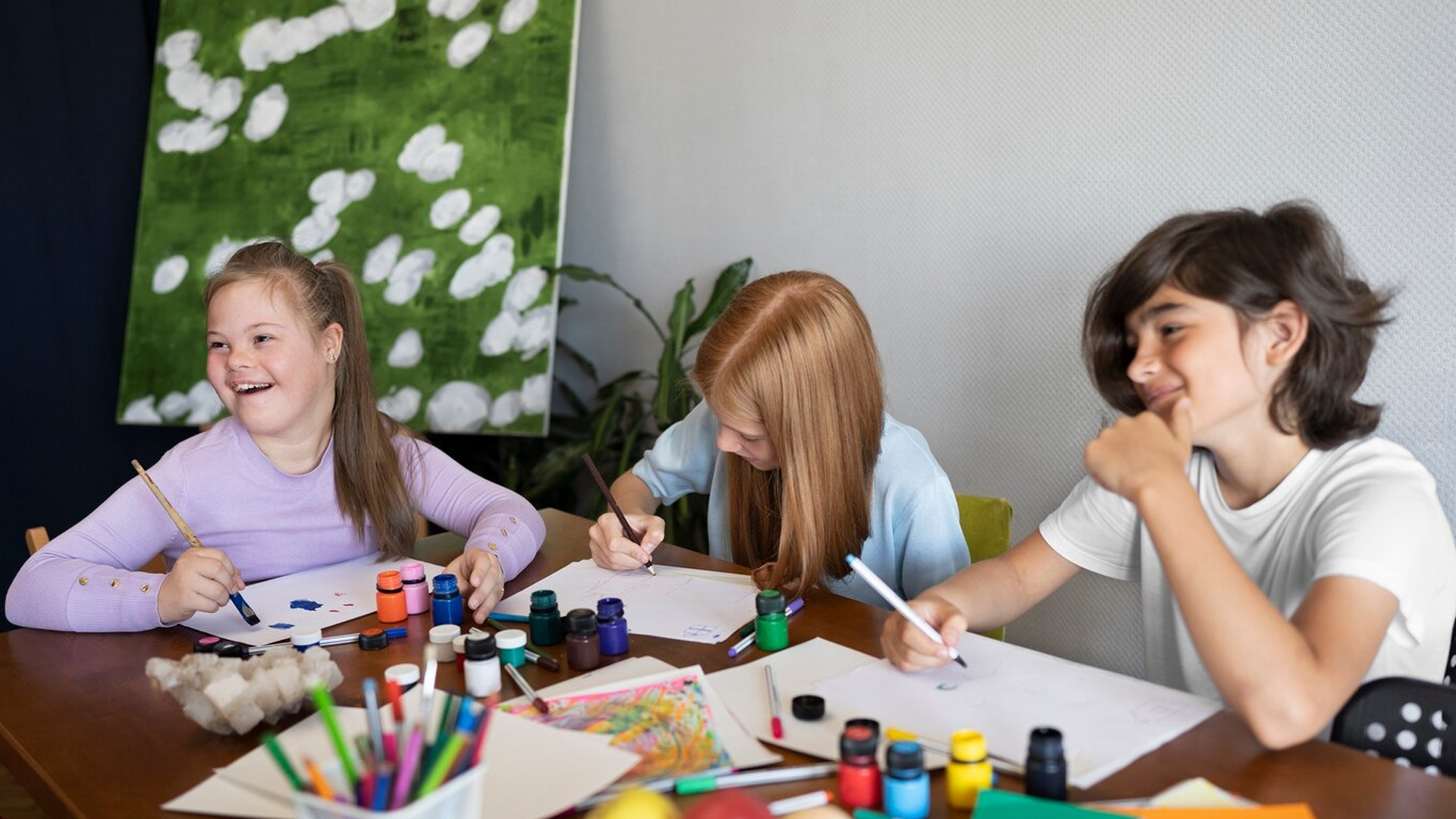
Addressing Common Hurdles in Accessing and Participating in Social Activities
While NDIS provides invaluable support for social engagement, individuals may encounter common hurdles along the way. Recognizing and addressing these challenges is essential for a seamless and enriching social experience. Here are some common hurdles and strategies to overcome them:
- Transportation Barriers: Lack of accessible transportation can be a significant hurdle. Coordinate with NDIS to explore transportation support options, such as transport services or funding for accessible vehicles, to ensure that getting to and from social activities is not a barrier.
- Financial Constraints: Limited financial resources can hinder participation in certain social activities. Discuss budgeting strategies with NDIS planners to make the most of available funding. Explore cost-effective options for activities and inquire about additional financial support if needed.
- Limited Accessible Venues: Not all venues may be accessible, posing a challenge for individuals with disabilities. Work with NDIS to identify and prioritize activities held in accessible venues. Advocate for the importance of inclusivity in selecting locations for group outings and community events.
- Awareness and Inclusion: Lack of awareness and inclusivity in community activities can create barriers. NDIS-funded awareness programs and community engagement initiatives can help address this hurdle. Advocate for inclusive practices in community events to ensure that everyone feels welcome and accommodated.
- Tailoring Support to Individual Needs: Individuals may have unique support requirements that are not adequately addressed. Communicate specific needs during planning meetings and collaborate with NDIS to tailor support arrangements to individual preferences, ensuring a more personalized and effective support plan.
- Limited Social Opportunities for Diverse Interests: Finding social activities that cater to diverse interests can be challenging. NDIS planners can help identify and fund activities that align with individual interests. Encourage the exploration of a variety of options to expand the range of social opportunities available.
- Overcoming Social Anxiety: Social anxiety can be a significant hurdle to engagement. Work with NDIS to explore support services that address social anxiety, such as counselling or group therapy. Building a supportive environment and gradually easing into social activities can also be part of the strategy.
How Safelane Healthcare Can Help You?
The NDIA acknowledges the crucial role played by providers like Safelane Healthcare, in delivering social and community participation support, facilitating participants to reap the following benefits:
- Cultivation of a sense of belonging and connection
- Development of deeper relationships with friends and family
- Expansion of social networks and mitigation of isolation
- Enhancement of confidence, self-efficacy, and overall safety
- Creation of increased opportunities for additional community participation, employment, or study.
With Safelane Healthcare, you can assemble a team of support workers to assist you in various ways, helping you achieve the goals outlined in your NDIS plan.
- You have the autonomy to choose who supports you, determine when you receive support, and decide the amount you pay for the assistance.
- You are protected by our rigorous verification processes and a comprehensive insurance suite arranged on behalf of support workers.
Conclusion
Through NDIS-funded activities, whether group outings or community participation initiatives, individuals find not only avenues for social engagement but also platforms for advocacy, awareness, and the celebration of diversity. NDIS stands as a champion for breaking down barriers—financial, physical, and societal—that have long hindered the full participation of individuals with disabilities in social life.
Empowerment to articulate one’s social needs, embrace individuality, and contribute to the creation of communities that value diversity. Through NDIS, individuals with disabilities are not only supported but are also encouraged to lead lives rich in social connection, personal fulfilment, and the pursuit of happiness. The journey continues, guided by the principles of inclusivity and the belief that, with the right support, every individual can unfold the chapters of their social story with strength, resilience, and a sense of belonging.
Subscribe Our Newsletter
Join our newsletter for community updates and resources.
